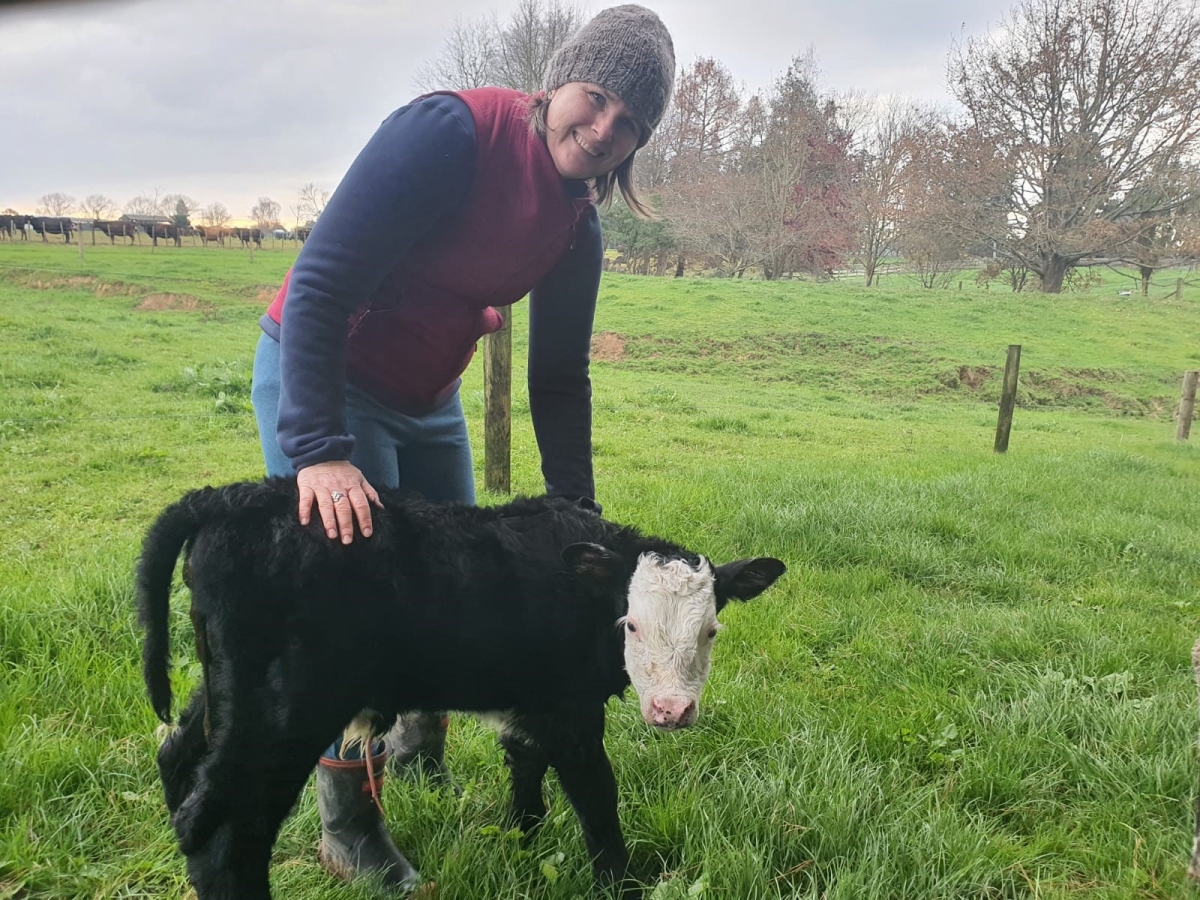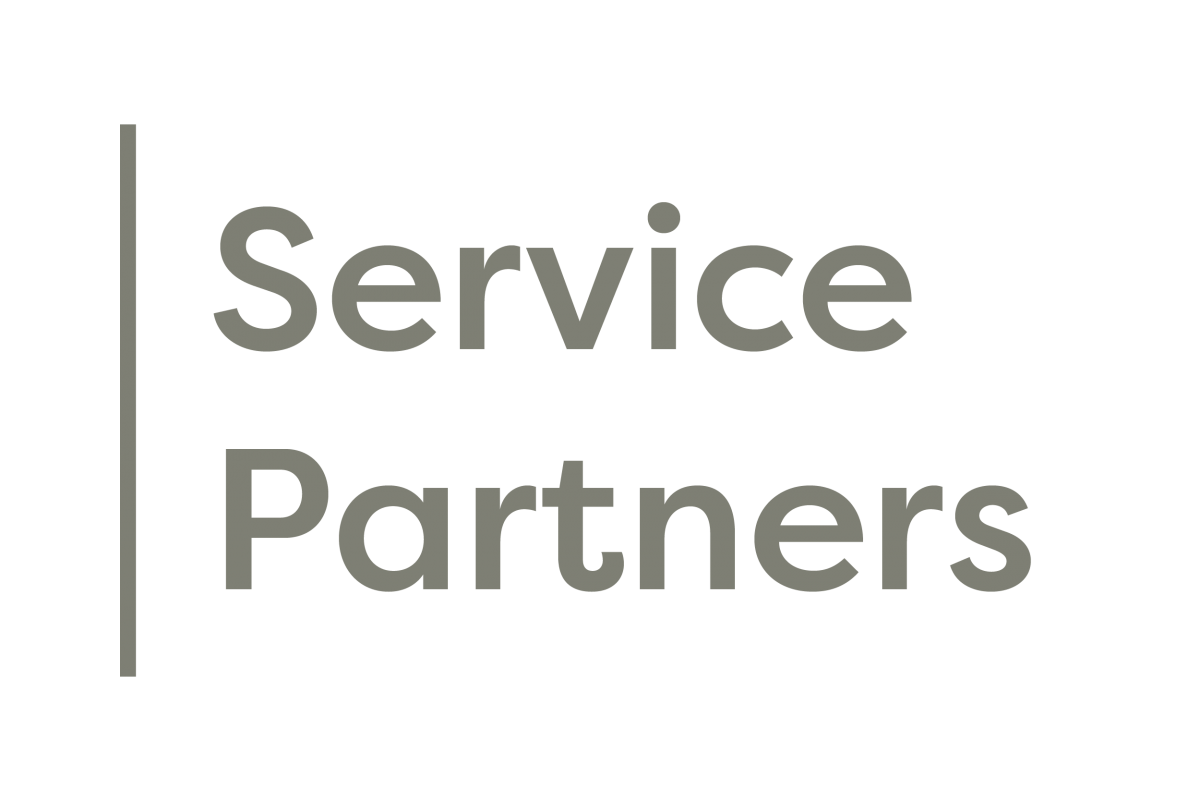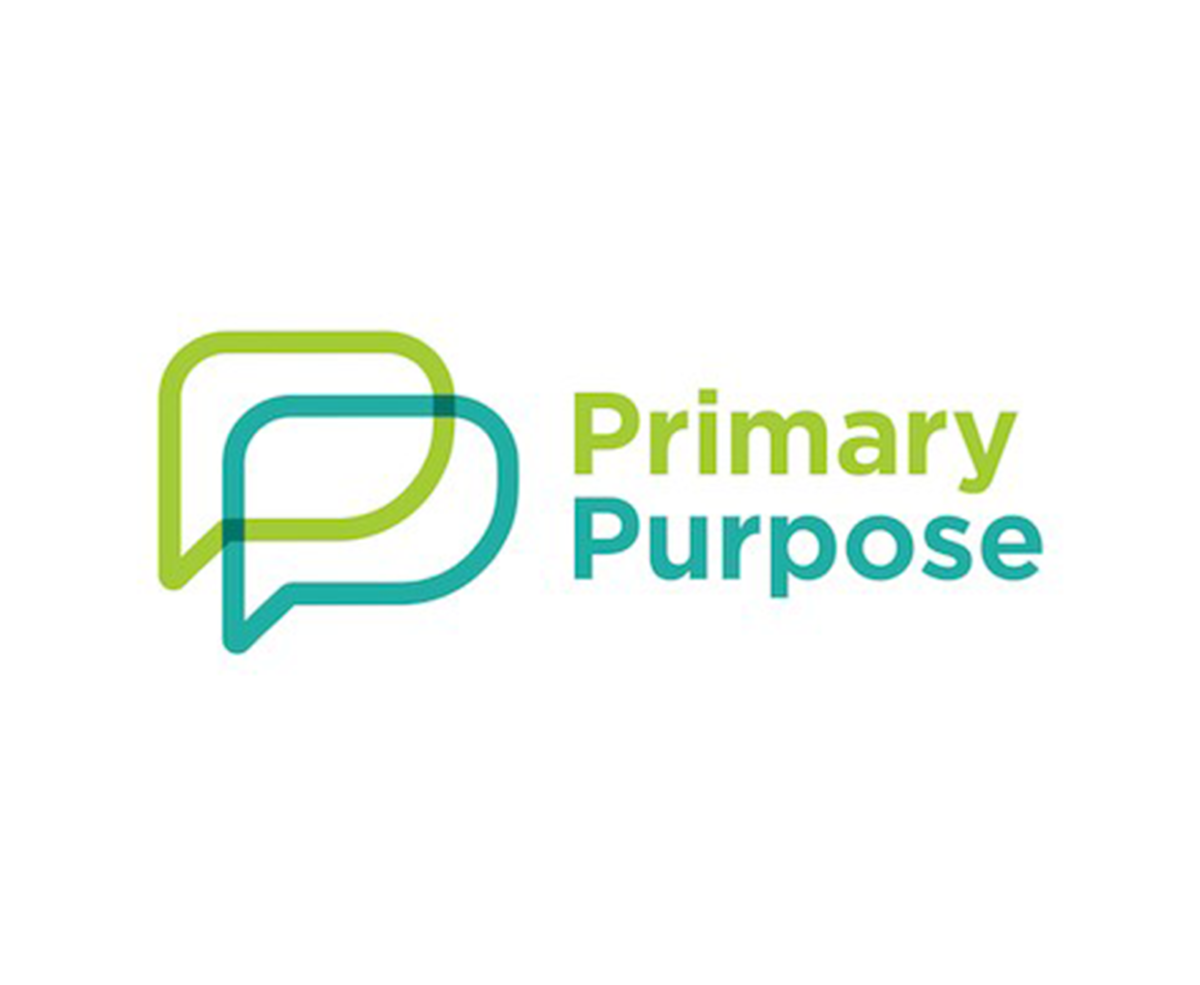We caught up with 2009 Nuffield Scholar Mandi McLeod, who was speaking to us from Pirongia, Waikato. Mandi is an agri-business consultant who specialises in farm animal welfare, on both sides of the supply chain.
Internationally certified in dairy cow auditing and trained as a Cow Signals Master, she uses her passion, knowledge and experience to create animal welfare audit programmes for her clients.
With a degree in agricultural science and a master’s degree in rural systems management, Mandi is also highly experienced in group facilitation and farm business management, transition and succession planning.
A start in succession planning.
I grew up on a family dairy farm in Morrinsville, and we transitioned out of that through our own succession plan about five and a half years ago. We now have an urban ranch with a beef cattle herd. It keeps me grounded.
Twelve years ago, when I did my Nuffield Scholarship, there wasn’t much research out there on succession planning. Not just how the assets in a family farm business are transitioned, but also how values, knowledge and skills are transferred from one generation to the next. So, I looked at this for my Nuffield research paper. I was able to create my own business through what I learned. It became my focus for the following decade.
At the time, succession planning was only found in an urban business context. Crazy when you consider that in our farming communities, we usually live and work on farm, so business is very close to home. In fact, it can be sitting right there at the kitchen table with you.
I’d like to think a lot of the work done in those years has now been picked up by other professionals. The fact there’s now a career for people in succession planning, and that farming families are getting more access to quality information and help. That’s really exciting to me.
What makes good succession planning?
The important thing is communication. Sounds obvious, but it is the most overlooked element.
How do we create the right environment for discussions? How do we ask the questions that matter? How do we really listen to the answers we get to those questions? It’s more critical now, than ever, because both the incoming and the outgoing generations have such different communication styles. It’s a recipe for problems if it isn’t handled well.
Once we resolve those differences, everything else can start to fall into place. It’s understanding the needs, wants, fears and expectations of both parties, and then saying, can we marry these up to some shared values?
If the family hasn’t got their values aligned, or if they’re not communicating well, then it doesn’t matter what solution you come up with on paper, it’s not going to work long term.
Sometimes the best resolution for both the family and the farm business is not having a succession within that family? It’s having another family come in. That can work very well too.
It’s more than a chat and a cuppa. But that’s a good start.
People are often looking for a silver bullet. It can take a year, or it can take ten years to get everything set up. You can’t do it in 24 hours.
I think it’s going to continue to be an issue because we’re in a period where the pace of change in food and fibre is increasing exponentially – yet succession planning needs time. There’s a conflict there that can be tricky to navigate.
A quick guide to success with succession.
Now this is by no means a definitive guide, but it gives you some idea of what’s involved and roughly, in what order.
- What are your goals for the succession (and your retirement for example)?
- Ask, who needs to be involved?
- Agree on someone to facilitate. There are now professional facilitators out there.
- Gather key documents. Like the last few sets of accounts for starters.
- Keep lines of communication open between all parties.
- Build a clear picture of the 1, 5, 10 year transition path ahead.
- Share the emerging plan with all parties.
- Keep talking.
Chickens and eggs.
A lack of good succession planning can have a huge impact on animal welfare. It can be where the next generation have not wanted to farm. As a consequence, the current generation can hold on too long, beyond a point where they are physically or mentally capable. The animals suffer.
If we help the farmer, the animals will benefit as well. There’s a big circular picture there, where everything is interrelated. But if we can intervene at various stages, whether it’s through facilitating a transition, or introducing an innovative approach to handling cattle for example, we can improve mental health across the board and improve animal welfare. Or vice versa.
It’s a bit like the chicken and the egg. Is a farm animal welfare issue causing poor mental health, or is poor mental health leading to an animal welfare issue? One can lead into the other.
There’s been a lot of valuable work done highlighting the need for mental health support and services for farmers, which is fantastic. There’s also a group of people that support those farmers that are often also in need. Like vets and consultants to name a few. When we turn up on farm, and if there’s a serious animal welfare issue, we’re impacted by that.
I think the link between farm succession, mental health and animal welfare is an important one. To me it highlights just how interconnected we are to our land and our animals.
When we feel great about our farm and its future, everything else benefits.



























